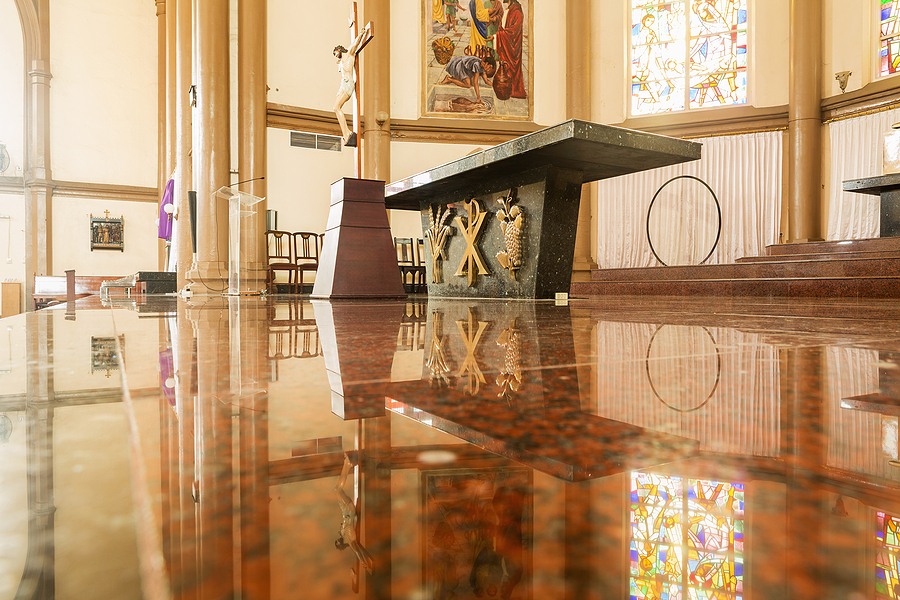Giving-Do You Still Not Understand?
Giving- Do you still not understand? Tuesday’s Gospel, the day before Lent began, functioned as a bellwether for these forty days of Lent. It’s so for two reasons: a meditation and a homily. Tuesday’s Gospel reading was Saint Mark: Mark 8:14-21 The disciples had forgotten to bring bread, and they had only one loaf with […]
Giving-Do You Still Not Understand? Read More »









